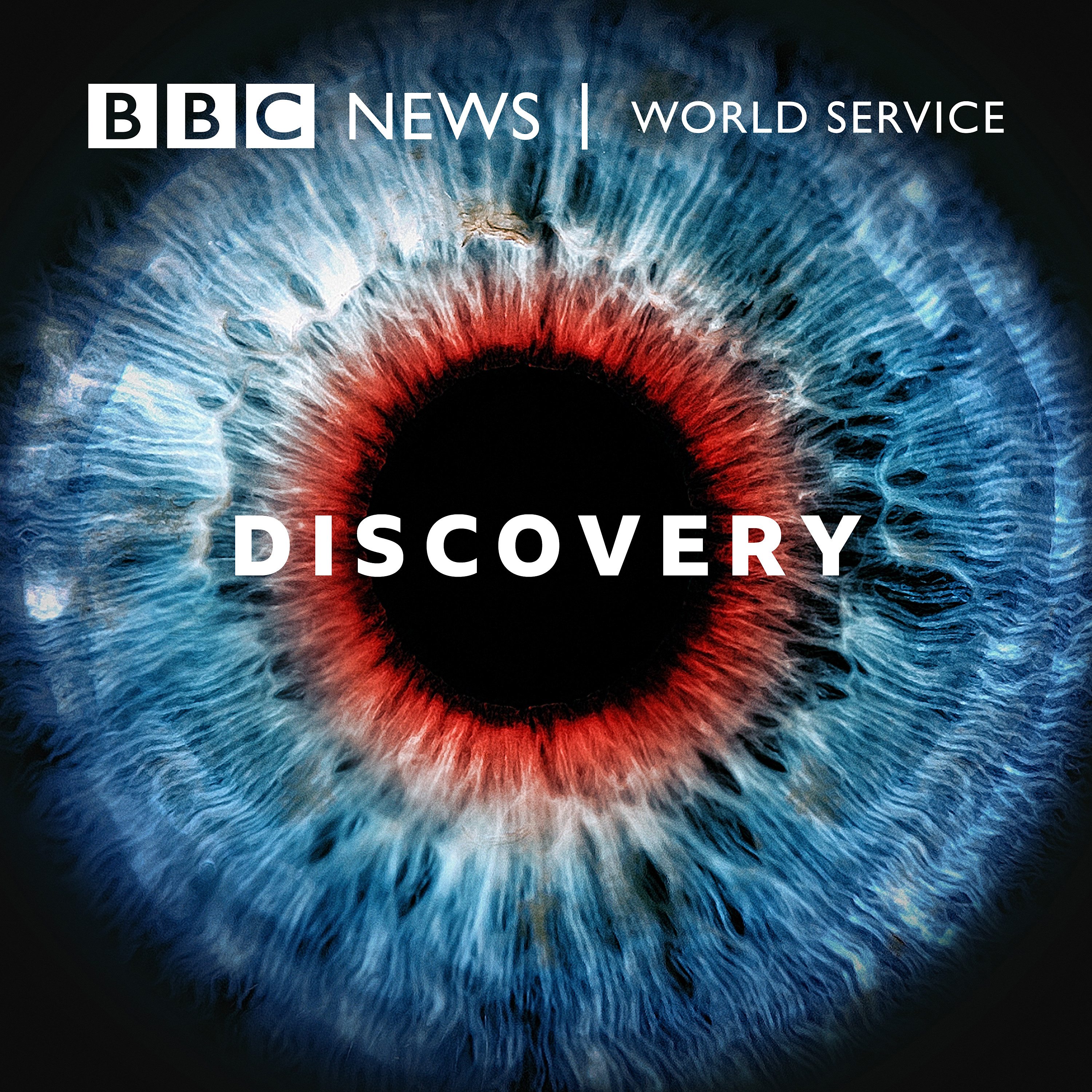
Discovery
Mar 16, 2020
Professor Martha Clokie tells Jim Al-Khalili how she found viruses that destroy antibiotic-resistant bugs by looking in stool samples, her son's nappies and estuary mud. Could viruses improve our health where antibiotics have failed? As a child, Martha Clokie spent a lot of time collecting seaweed on Scottish beaches. She loves plants and studied botany for many years. But mid-career, she learnt about all the viruses that exist in nature. We tend to focus on the viruses that make us ill but there are trillions of viruses on earth and in the ocean and most of them eat bacteria. When a virus destroys a bacteria that attacks our bodies, then it could be just what the doctor ordered. Our enemy’s enemy is our friend. Martha became interested in how these viruses - or bacteriophages as they’re known - might be used to treat disease. Before long, Martha had moved from studying African violets in Uganda to looking at stool samples under the microscope and asking fellow parents to donate their babies’ dirty nappies to her research. She spent many years looking for phages that attack the superbug C. difficile, which is responsible for a particularly nasty form of diarrhoea and results in tens of thousands of deaths every year. And she has shown, in animal models at least, that these phages could succeed where antibiotics have failed.

